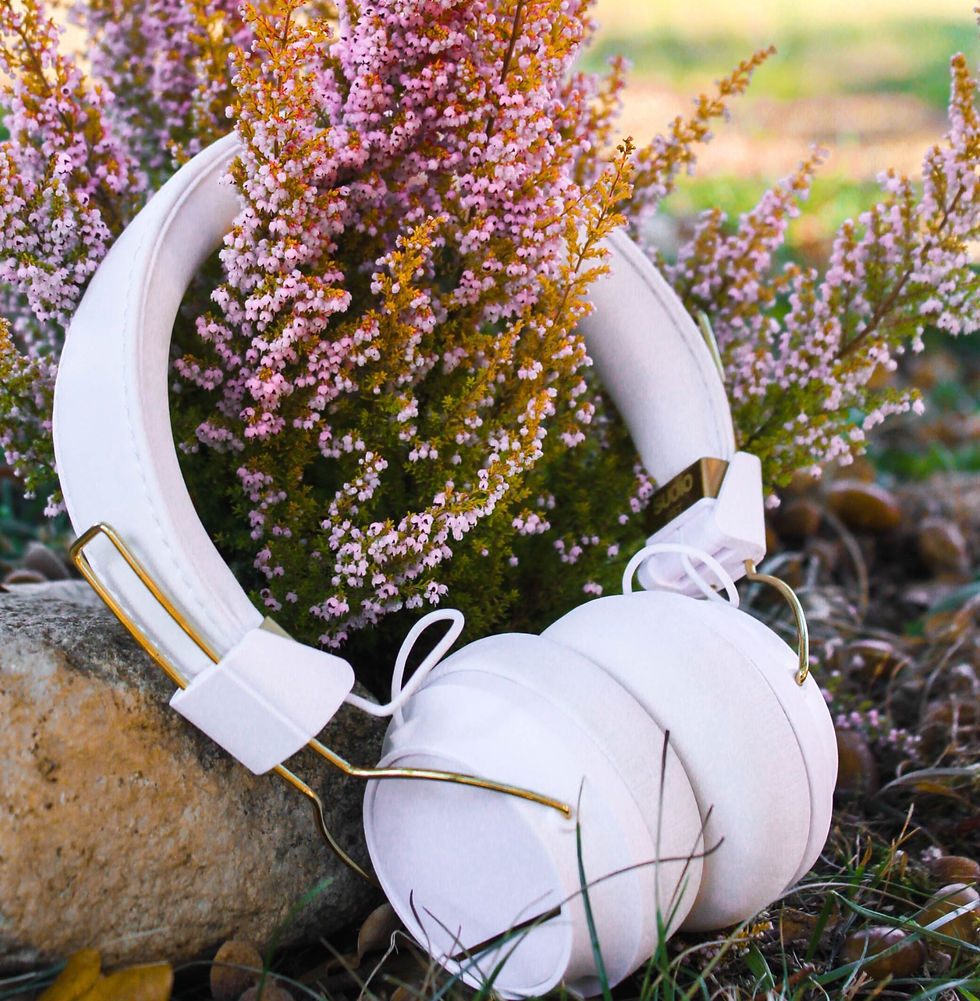The Effect Of Music
- C.Nice

- Dec 1, 2019
- 2 min read

"Music is truly the universal language, and when it is excellently expressed how deeply it moves our souls.” —David O. McKay
Music has a far more complex effect on the brain than we think. For some of us music can only go as far as to change our mood but how far does it really go?
Listening to music can :
Reduce stress
When we listen to relaxing music, Cortisol levels are lowered. This hormone is secreted when we experience stress or anxiety, in addition to this we will become more relaxed and less stressed.
Relieve pain
In 2014 a study found that relaxing music can relieve pain. The body's natural way of relieving pain is through releasing Opioids. This was after a previous study in 2013 was conducted where patients were given Naltrexone.
Naltrexone is a drug which stops the pain-relieving Opioids. Patients then listened to music. After, scientists concluded that music stimulates the release of Opioids which translates that music can help with pain relief.
Boost your memory
The most interesting study which was conducted, revealed a definite connection between music and memory. The Alzheimer patient could still play the piano even though he was unable to identify who his wife was. This was due to the fact that the part of the brain which preserves physical memory (The Cerebellum) was still active and playing the piano was stored as muscle memory.
Contribute to stroke recovery
Monitored stroke victims who listened to music resulted in faster recovery according to a 2008 study.
Effects on different parts of the brain
-The Frontal lobe
The frontal lobe is where your planning, thinking and decision making takes place. Music helps to enhance this, which is why most people can focus better while listening to their playlist.
-The Cerebellum
This is where physical memory is stored, otherwise known as "muscle memory". Remembering how to play an instrument will therefore not fade away even if a person is diagnosed with Alzheimers.
-The hypothalamus
The hypothalamus has many different functions. One of it's functions is regulating the processes in the body. Classical or relaxing music will have the effect of lowering your blood pressure and heart rate.
-The Corpus Callosum
This acts as a bridge, connecting the left and right side of the brain, meaning when you are playing an instrument you will be able to read which notes to play next while you are playing. This is good practice and keeps your brain young and healthy.
Hormones and Chemicals
-Dopamine
This is a hormone which makes you "feel good". Large amounts of Dopamine will put you on a "high", where as small amounts could also lift your mood. An example of this is when we eat chocolate or drink coffee.
It has been proven that music can increase the Dopamine levels which is secreted in your brain. This usually happens when your favorite song comes on the radio when you did not expect it.
-Oxytocin
The same gland which releases Dopamine also releases Oxytocin. This hormone is usually stimulated in the earliest stages of a relationship and supports openness, trust and generosity.
Live concerts and personally playing a instrument or duet with someone will stimulate the brain which will then release Oxytocin.
-Cortisol
As discussed, this chemical is released when we experience stress.
Relaxing music lowers Cortisol levels.



Comments